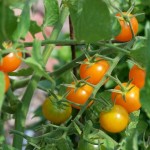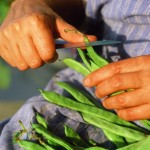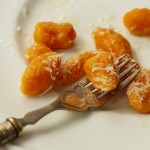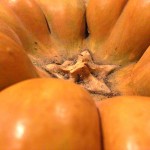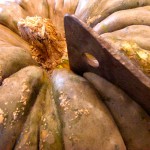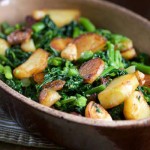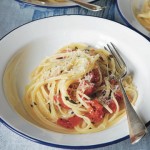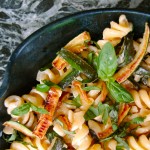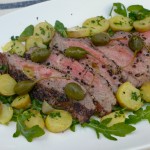
After my recent travels to Puglia, Italy’s southernmost region, I’ve had its big, bold olive oils on my mind. The province of Bari, founded well before the 8th century BC when it was absorbed by Magna Graecia, has lived on olive oil for millennia. Today the area still makes most of Italy’s olive oils. Drive past places with names like Cassano delle Murge, Bitetto, Bitonto, Bitritto, and Binetto, and you see nothing but forests of olive trees and billows of sky, interrupted now and then by towns undisturbed by tourism. But where once, production was geared toward quantity to meet Europe’s […more…]

